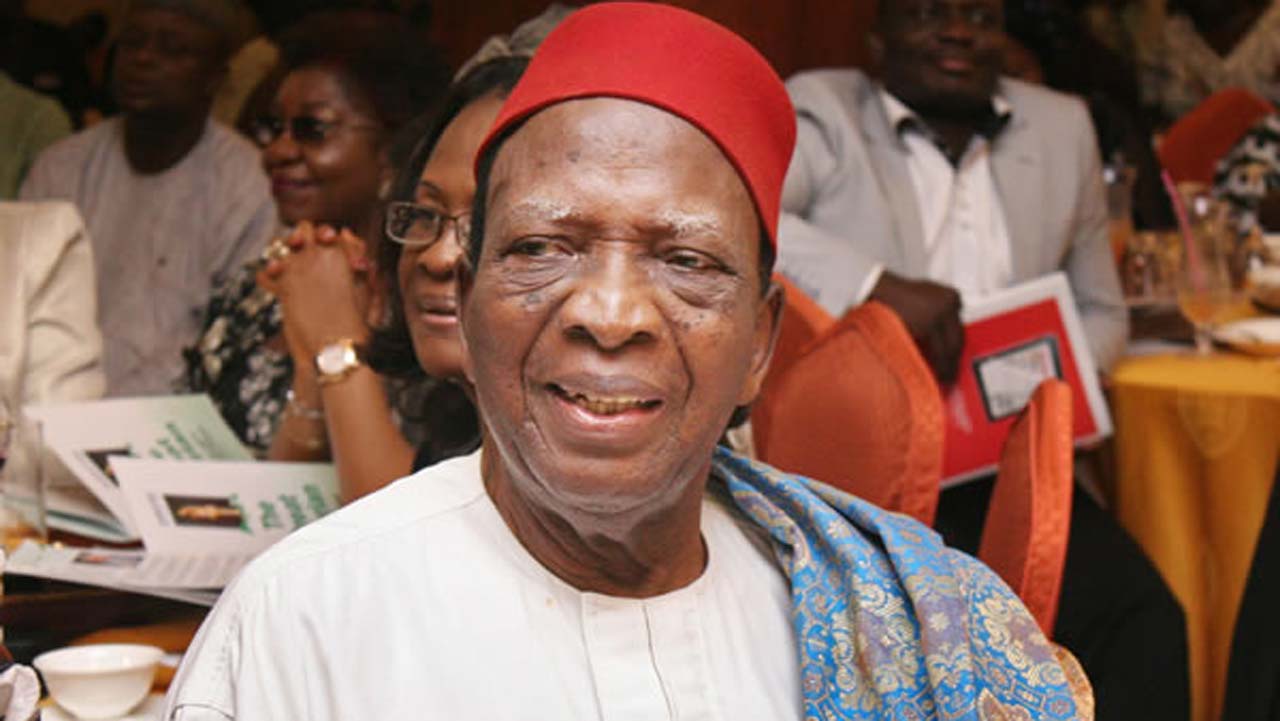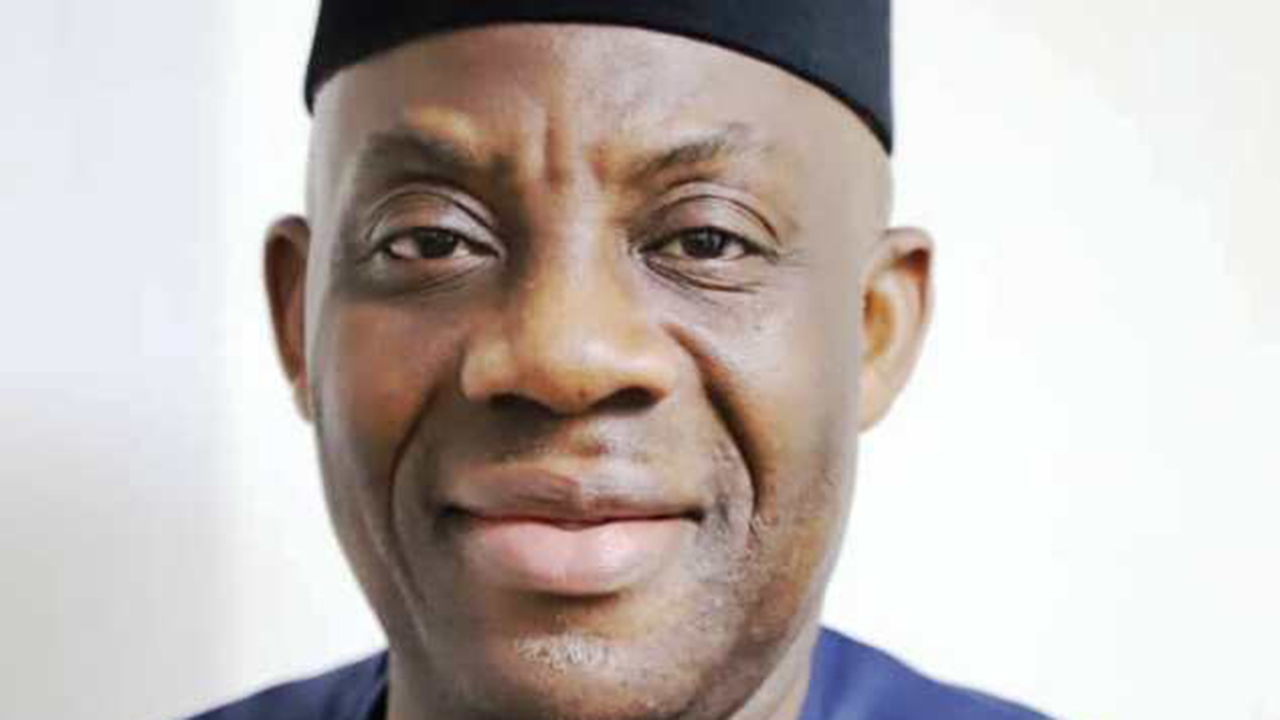
Moreover, centralisation or decentralisation of federations depends more on structural factors than on the distribution of powers, important as that may be. For example, where there are many federating units, they are less likely to be as strong relative to the centre as where there are only a few units.
On the other hand, when, as with Nigeria before 1966, one federating unit was larger in size twice over than the remainder combined and having half of the population of the country, the federating units are likely to be strong relative to the central government because of this asymmetry.
Such a federation, as the English philosopher and jurist John Stuart Mill observed, is vulnerable to failure.It is not obvious how much Nwabueze’s ‘mistakes’ really matter. Except for the fact that he was his own strongest critic. He came to strongly believe that the constitutional reform he successfully championed previously was a mistake that must be reversed. Perhaps the only major part of the constitutional structure he helped midwife during 1975-1978 he remained assured of was presidentialism. He was resolute that the presidential system was preferable, for Africans at least, than the plural executive (cabinet) of the parliamentary system.
He also regretted serving on President Babangida’s Transition Council, although he was proud of what he accomplished as Education Secretary during the eight-months life of the Council. It is difficult to justify the country’s leading constitutionalist participating in an organ of a military dictatorship designed to prolong transition to democratic rule. If that was not bad enough, his tenure was tumultuous, and will be remembered mostly for his confrontation with ASUU.
This was unfortunate for many reasons including the fact that early in his academic career, Nwabueze was union man, as Secretary of the Association of University Teachers (precursor of ASUU) at the University of Lagos. He realised this error. “Let me say that the nagging doubt as to whether I did the right thing in accepting the appointment still persists and is made sometimes agonizing and tormenting by my bash with the university teachers.” (Autobiography 2: 245)
Nwabueze scrupulously avoided partisan politics throughout his life. “I have always kept an unwavering aloofness from politics, because it (politics) seems to me not quite in tune with the life of study and reflection I have chosen for myself …. Politics is much too boisterous and noisy an occupation to be, in my view, compatible with a life of study and reflection.” (2: 180) Yet, that November 14, 2018 iconic image of the octogenarian Nwabueze weeping on the shoulder of Atiku Abubakar, PDP’s presidential candidate for the 2019 election, will be hard to forget.
This more so when, seven moths later, though he ceased appearing before any court as a lawyer in 2008, wheelchair-bound, he showed up at the Presidential Election Petition Tribunal on July 4, 2019 as the lead counsel for the petitioner, Mr. Abubakar. But he was there for only briefly, during which he requested and got leave of the court to address it while remaining seated. He spoke for only a few minutes, and he left the court riding into the sunset.
Final words
Nwabueze has rightly indisputably taken his place as among Africa’s greatest constitutionalists. He was a comparativist, and his strength was comparative constitutional law. He was not a theorist, and he did not make any contribution to constitutional theory or political theory. His forte was constitutional statics. He identified and explained rules of the constitutional order. He said little about constitutional dynamics or how a constitutional order actually operated.
That field is claimed today mostly by political scientists. Nwabueze made one attempt to bridge the respective fields of the constitutional lawyer and the political scientist. The methodology applied in Presidentialism, he said, was “the need to blend rules with practice .… It is two-dimensional, combining the analysis of rules with an inquiry into practice and the political and social forces that condition it.” Unfortunately, he didn’t apply this method in his subsequent works.
Nwabueze’s weakness in legal theory is evident, for example, in his use of the problematic application of the German concept of Stufenbaulehre (doctrine of the hierarchical structure of the legal order) as applied by Hans Kelsen’s pure theory of law. Even on Kelsen’s terms, Nwabueze clearly misunderstood Kelsen’s theory of a disruptive change of the Grundnorm (basis norm), from which every norm in the legal system supposedly derives its ultimate validity.
Because as Kelsen elucidated the concept, the Grundnorm is not a positive norm (such as an actual constitution) but a juristic presupposition or assumption (a transcendental-logical function). As a result of this misunderstanding (which was widespread in the English-speaking world), Nwabueze did not give sufficient credit to the Supreme Court of Nigeria’s landmark 1970 decision Lakanmi v. Attorney General.
Nor was Nwabueze, despite his prodigious output, necessarily an original thinker. I even doubt if he intended to be one. He was richly eclectic for sure. His strength lay in his ability to master a subject and render it in a manner that was capable of being quickly understood by a student or a non-specialist. And although he exuded great learning, he was always quick to admit or acknowledge the impact of his teachers or the debt he owed other authors he read.
For example, he gave the credit for his mastery of constitutional law to his fortune to have been taught by Professor de Smith, whose LL.M. course “gave me a solid foundation in the subject, which proved exceptionally rewarding and helpful in my future work in constitutional law.”
Again, he attributed his mastery of English land tenure and estate system to his LL.B. Conveyancing class. “My study of Conveyancing under Professor James enabled me to deepen my knowledge of English land law, with its abstruse and teasing principles and concepts, and laid the foundation for my book, Nigerian Land Law.”
Such was the man Benjamin Obiefuna Nwabueze, the greatest of his generation. A man of humble birth whose illiterate parents had no record of the year of his birth but who by a lifetime quest to excel put his God-given capacity to master things arcane and render them for easy understanding, to the betterment of his country and of humanity has fallen asleep.
But his reputation as a scholar and public intellectual will long survive him. The market for public intellectuals is much poorer with his demise.
Concluded
Ukhuegbe wrote from Toronto, Canada.






